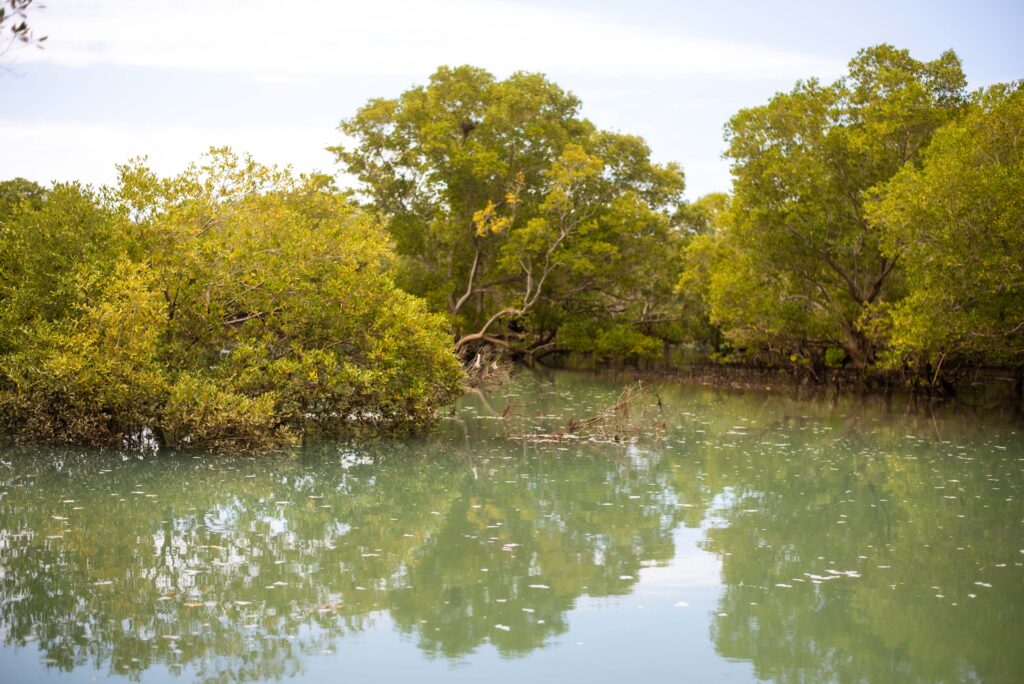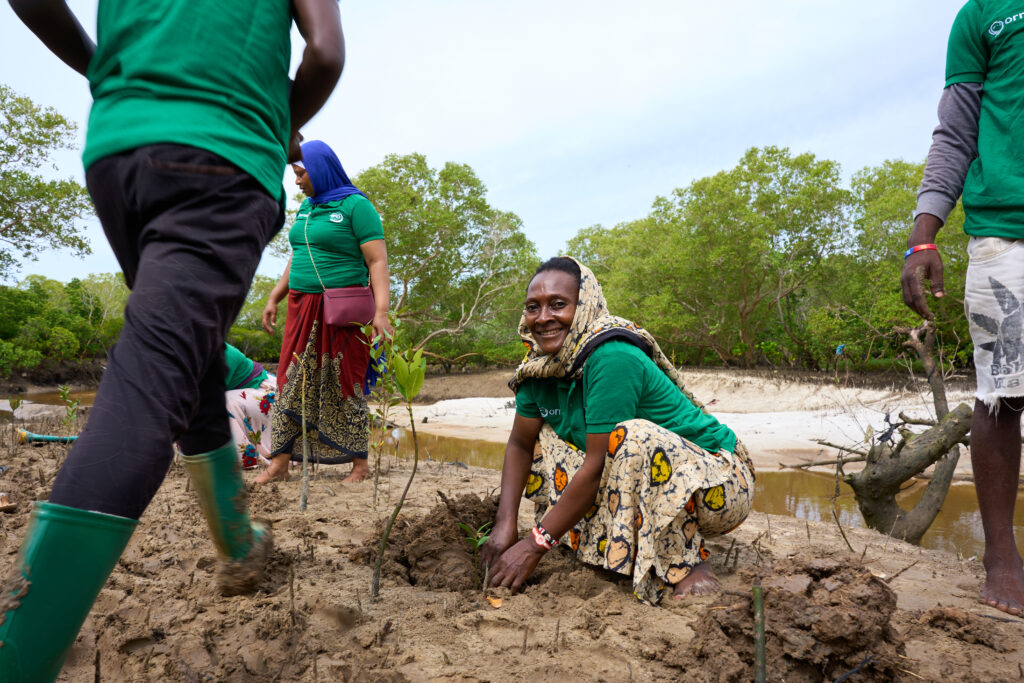The project “Establishing a Voluntary Carbon Credit Market to Restore Mangroves and Support Vulnerable Coastal Communities” in Tanzania, led by Aqua-Farms Organization (AFO) also named the Blue Carbon Project, aims to establish a voluntary carbon credit market while supporting vulnerable coastal communities and restoring degraded mangrove areas. This project is implemented under funding from Ocean Risk and Resilience Action Alliance (ORRAA)
In a period of the past 6 months, despite the several challenges that have arisen and slowed down the project activities including legislative and institutional matters, research and analysis continue.
- A consortium including AFO, WCS, Blue Forest, and local CBOs has formed to strengthen advocacy efforts with Tanzania Forest Services.
- Community engagement has shown promise, with 76% of respondents in Jaja and Buyuni willing to participate in the Blue Carbon Project, supporting alternative livelihoods and conservation.
- The project has identified key drivers of mangrove loss, including poor management, climate change, and illegal resource use.
- Environmental and cultural assessments reveal varying community perceptions of mangrove cover change and a greater recognition of provisioning services over other ecosystem services.
This highlights the need for targeted conservation efforts and promotion of mangrove multifunctionality. The project remains committed to inclusive participation and focuses on gender equality and human rights. The project aims to promote mangrove conservation, restore degraded areas, and establish a voluntary carbon credit market. Progress towards these objectives is ongoing, with efforts to overcome challenges and engage stakeholders effectively.
The project expansion to Mnazi Bay Ruvuma Estuary Marine Park (MBREMP) in Mtwara.
The Marine Park Reserve unit at Mnazi Bay (MBREMP) was contacted by AFO and conversations were had about a co-creation plan for the Mangrove forests in the vicinity and potentially after completion of compliance matters implementation will be underway soon.
Why MBREMP?
- Large Area of forest coverage of about 8000 hectares.
- Allowed co-management practice.
- Mangrove forest degradation.
Currently the preliminary surveys were completed on legal and policy frameworks, ecological status, and socio-economic status where also reports were generated for each area, and stakeholder meetings were held. Around the area the project rooted into community engagement focuses on covering up to 10 villages as part of the Blue Carbon Project Initiative.
This is in continuous effort to affect the implementation of the project for biodiversity as well as the surrounding coastal communities.


